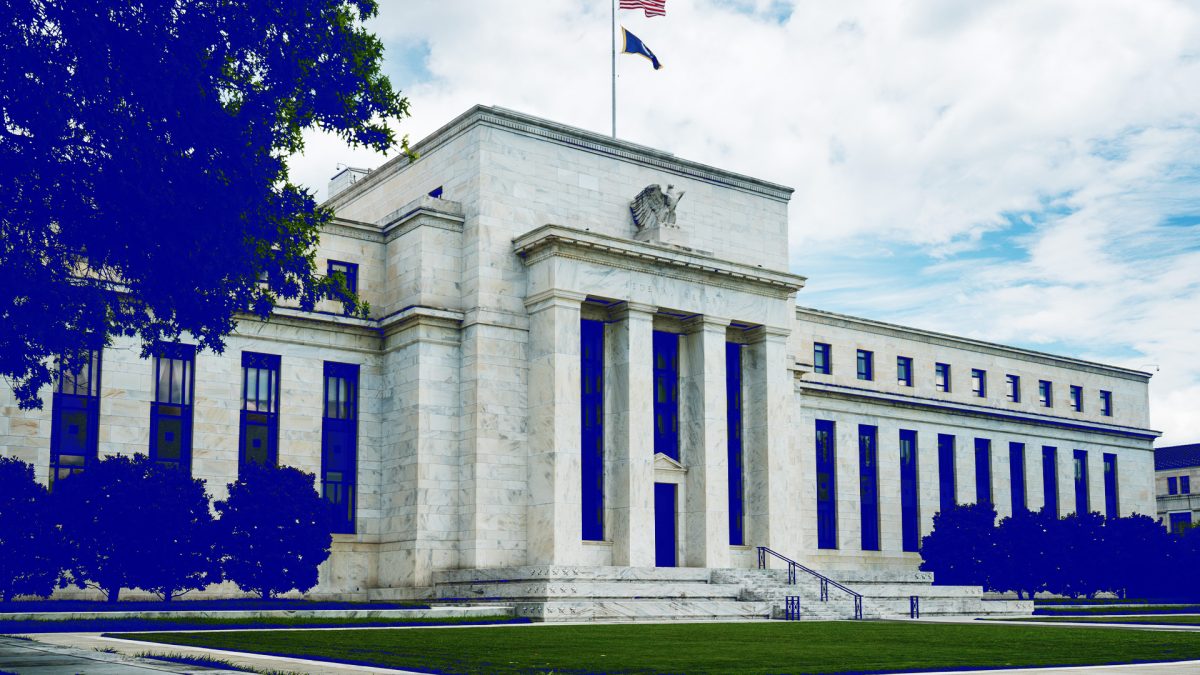Fed governor says the U.S. doesn't need a digital dollar

Quick Take
- Federal Reserve Governor Christopher Waller expanded on his opposition to a U.S. central bank digital currency during prepared remarks at Harvard University today.
- “The factors supporting the primacy of the dollar are not technological,” said Waller.

At least one governor of the Federal Reserve Board is a hard no on a digital dollar.
Fed Governor Christopher Waller threw the coldest of waters on the prospect of a Fed-issued digital currency during a speech on Friday that reiterated and expanded upon his opposition to the idea.
“The factors supporting the primacy of the dollar are not technological, but include the ample supply and liquid market for U.S. Treasury securities and other debt and the long-standing stability of the U.S. economy and political system,” Waller said in prepared remarks delivered at Harvard University. “No other country is fully comparable with the United States on those fronts, and a CBDC would not change that.”
Waller elaborated that he is skeptical of arguments put forward by CBDC advocates that a digital dollar would address fraud, theft and money laundering or improve payments more than existing technologies.
“Meaningful efforts are underway at the international level to improve cross-border payments in many ways, with the vast majority of these improvements coming not from CBDCs but improvements to existing payment systems,” said Waller.
Discussions around a U.S. CBDC began in earnest after China started experimenting with a digital yuan. But the Fed governor cast doubt on a foreign CBDC supplanting the U.S. dollar’s global reserve currency status, an argument put forward in support of a digital dollar.
Fed Chair Jerome Powell and Vice Chair Lael Brainard have also begun publicly putting brakes on the possibility of a U.S. CBDC happening anytime soon.
Even if a foreign CBDC takes off, Waller said, the effects of companies using it, “will likely only be on the margin because they rely on a large enough number of individuals and businesses being nearly indifferent between the dollar and the foreign currency in CBDC form.”
Waller sees privately-issued stablecoins strengthening, rather than weakening, the dollar, since so many are pegged to the world’s dominant fiat currency. The Fed governor argued that “they may increase rather than reduce the primacy of the dollar abroad, since demand for stablecoins increases demand for dollar-denominated reserve assets held by the stablecoin issuer.”
The new payments technology must also be, “risk-managed and subject to a robust supervisory and regulatory framework,” said Waller, echoing similar warnings from the Financial Stability Oversight Council, the American super committee of financial regulators, and the Financial Stability Board, an international advisory consortium for central bankers and other senior officials.
Negotiations continue over stablecoins legislation in Congress, though the lead Republican negotiator, Rep. Patrick McHenry, R-N.C., told The Block earlier this week that the Biden administration is holding up progress on the bill.
© 2025 The Block. All Rights Reserved. This article is provided for informational purposes only. It is not offered or intended to be used as legal, tax, investment, financial, or other advice.







